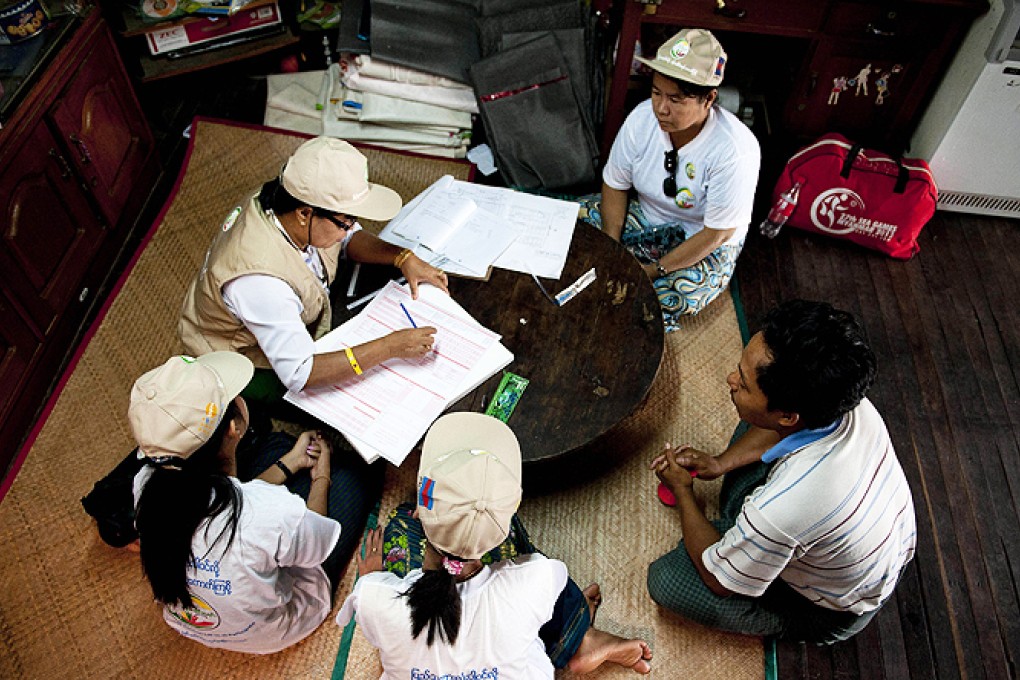Myanmar’s first census in decades bars name Rohingya
The first census since 1983 in Myanmar has been criticised for discriminating against minorities and for excluding ethnic groups including the Rohingya Muslims from the western state of Rakhine

Enumerators fanned out across Myanmar on Sunday for a census that has been widely criticised for stoking religious and ethnic tensions, after the government denied members of a long-persecuted Muslim minority the right to identify themselves as “Rohingya”.
And administrators in some parts of the country – including rebel controlled areas in Kachin and Wa states – said they were barring census takers because they worry it will be used for political purposes.
Myanmar only recently emerged from a half-century of military rule and self-imposed isolation. No one knows how many people live in the predominantly Buddhist nation. The most accepted estimated, around 60 million, is based on extrapolations from the last count in 1983, that experts say was hugely flawed, leaving out many religious and ethnic minorities.
“If a household wants to identify themselves as ‘Rohingya’, we will not register it.”
More than 100,000 enumerators – most of them school teachers wearing white blouses, green traditional longyis and khaki waistcoats – started going door-to-door at 7am Sunday.
They hope to reach 12 million households by the time they finish their job on April 10.
Their long, complicated survey – a collaboration between the government and the United Nations Population Fund – seeks information well beyond the number of people living in each home, however, from literacy and employment levels, to disabilities, access to clean water, and fertility and mortality rates.
It also includes sensitive, and highly controversial, questions about race and ethnicity that human rights groups have repeatedly warned are especially inappropriate at this delicate juncture in the country’s transition to democracy.